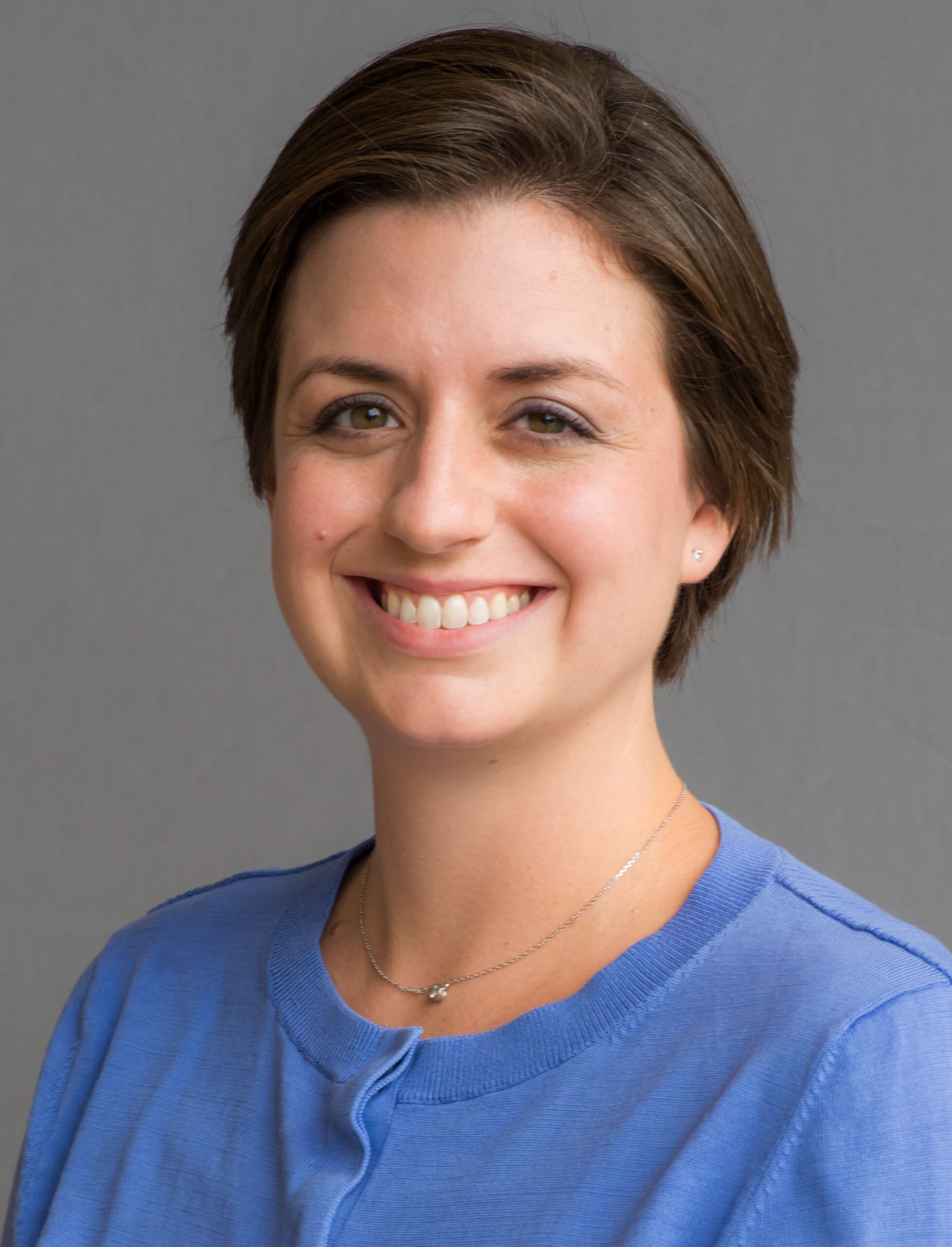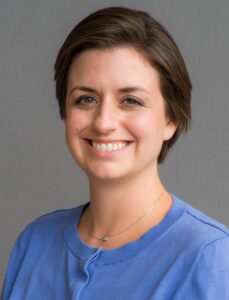 I could not be more pleased as I review the membership trends that Dr. Alissa Doobay, Co-Chair of the Membership Committee, diligently updated this year to allow continued tracking of the committee’s outcomes. Two trends immediately captured my attention. First, we experienced the greatest one-year increase in the total number of members, primarily driven by the largest one-year increase in full members with advocacy since we began tracking in 2000. Second, we experienced an increase in student members that returned us to our 2019 number, after a significant drop in student membership from 2019 to 2020 that appeared to be associated with the unfortunate cancellation of the 2020 spring conference. Additionally, we celebrated robust retention across all membership categories this year.
I could not be more pleased as I review the membership trends that Dr. Alissa Doobay, Co-Chair of the Membership Committee, diligently updated this year to allow continued tracking of the committee’s outcomes. Two trends immediately captured my attention. First, we experienced the greatest one-year increase in the total number of members, primarily driven by the largest one-year increase in full members with advocacy since we began tracking in 2000. Second, we experienced an increase in student members that returned us to our 2019 number, after a significant drop in student membership from 2019 to 2020 that appeared to be associated with the unfortunate cancellation of the 2020 spring conference. Additionally, we celebrated robust retention across all membership categories this year.
The Membership Committee has implemented a number of tactics in line with the committee’s overarching Strategic Plan goals of Connection, Recruitment, and Retention that have assisted in promoting the notable increases in membership numbers. Additionally, a number of initiatives from IPA’s Executive Council and our fabulous committees have been instrumental in promoting connection, recruitment, and retention.
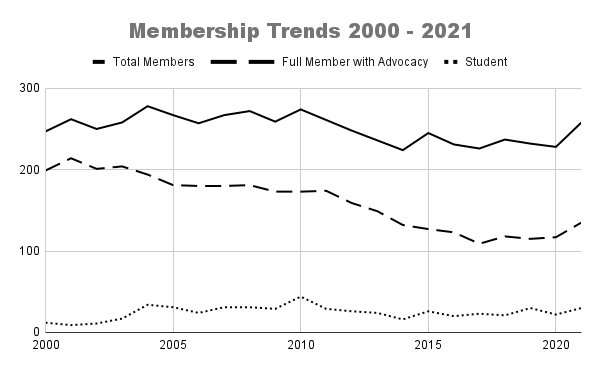
With regard to recruitment and retention, the Membership Committee implemented several important tactics over the past year. Specifically, sparked by an idea Past IPA President Dr. Benge Tallman learned while attending a Practice Leadership Conference, the Membership Committee initiated both a Student Mentorship Program and a Student Sponsorship Program. Thanks to the organizational and leadership skills of Dr. Doobay, as well as generous donation of time and financial support from many IPA members, these programs have successfully assisted in connecting students with mentor psychologists and providing one year of free membership for students. Thank you to all members who have participated in these programs, and to the students who have increased their IPA engagement as a result of these programs.
The Membership Committee continues to inform non-members of the many benefits of IPA membership, as well as introducing new benefits for members. In collaboration with the WEB Committee, the Membership Committee has facilitated the members-only benefit of four free continuing education credits for online content. Dr. Doobay continues to send emails to non-members who attend IPA conferences to inform them of the many benefits of IPA membership. The committee owes gratitude to Dr. Jody Jones, who has offered her exceptional writing skills for updating an annual letter the committee sends to newly licensed Iowa psychologists regarding the benefits of membership.
The Membership Committee placed a great deal of effort into encouraging prompt renewals and reminding members to renew after the due date, with outstanding results. Special thanks are due to Dr. Jessica Tartaglione, Dr. Lauren Garvin, Dr. Laura Fuller, and Dr. Ashley Freeman for contacting members to assist with renewals; and to Dr. Alissa Doobay and Executive Director Suzanne Hull for assisting with renewal questions and special renewal circumstances. Thank you also to the vast majority of members who renewed promptly to facilitate a smooth renewal process.
Regarding connection, the Membership Committee has continued to host social events to assist in connecting members, with an exciting new development of pairing with the Diversity and Social Justice Committee to increase interest and attendance. These virtual social events have been thoroughly enjoyable and we are excited for the time we may return to hosting them in person. The committee has also continued sending introductory information to the Elist for new members and connecting new members with established members in their region of the state for a warm welcome.
The Membership Committee has appreciated efforts by other committees that have supported the goals of connection, recruitment, and retention. The Psychopharmacology Committee’s recent lunch and learn drew new interest to IPA as it highlighted the unique advocacy and information this committee offers members. The Diversity and Social Justice Committee has offered numerous avenues for connection and increased awareness regarding diversity, equity, and inclusion for IPA members. The WEB Committee has seamlessly navigated the switch from newsletter to blog and continued updating the website to share information of interest to members and the public. The Advocacy Team has successfully urged state legislators to mandate equivalent reimbursement for telehealth services, which has served as a crucial benefit to many IPA members. The Public Education Committee has launched a podcast to disseminate psychological information to the public, allowing IPA to increase visibility. The Early Career Psychologist Committee’s efforts in recognizing members with awards and scholarships, as well as organizing social events, have no doubt assisted in member retention. The Ethics Committee continues to field questions regarding ethical dilemmas members wish to keep confidential, and the Finance Committee continues to work behind the scenes to provide essential stability and oversight for our association.
To offer a snapshot of gratitude for the benefits IPA offers, three members generously provided the following testimonials that they welcomed the committee to share:
“I never realized the advocacy that IPA was doing on behalf of psychologists and mental health providers across the state of Iowa. Without their intervention, Wellmark would have significantly reduced reimbursements for psychotherapy in 2020. Staying in business as a small private practice would have been a lot harder. I can’t thank IPA enough for fighting for mental health and mental health providers in the state of Iowa.”
-Jason Drwal, Ph.D., LP, Full Member
“I joined IPA as a full member in summer 2020 in the midst of the COVID-19 pandemic. While teleworking full-time, I was looking for new ways to connect with colleagues, reduce professional isolation, and engage in social justice efforts. The social learning opportunities provided by IPA over this past year have been numerous and enriching. I have connected with psychologists across the state through online events organized by the Diversity & Social Justice committee, including town halls, book discussions, Crucial Conversations group, and continuing education trainings on racial equity topics. These IPA programs give members an opportunity to co-create a professional community working toward social justice, to uphold our ethical responsibility to do so. I am grateful that IPA has become an organization that provides opportunities to channel the privilege we hold as psychologists toward advocacy efforts that promote the health, safety and wellbeing of all Iowans.”
-Sarah Fetter, Ph.D., LP, Full Member
“As I transition my practice to fulltime, I want to be as connected to colleagues and resources as possible. This group comes highly recommended and I value the connections and support I can be a part of here.”
-Lauren Wright, MS, LMHC, Associate Member
As mentioned in a similar article in The Iowa Psychologist last year, the greatest benefit IPA offers is the connection between its members, which currently comprises 258 dedicated members of the psychology community in Iowa. Please continue to reach out to each other as well as to non-members who may benefit from joining this supportive, knowledgeable, and generous community. Thank you for your membership and your engagement in IPA.
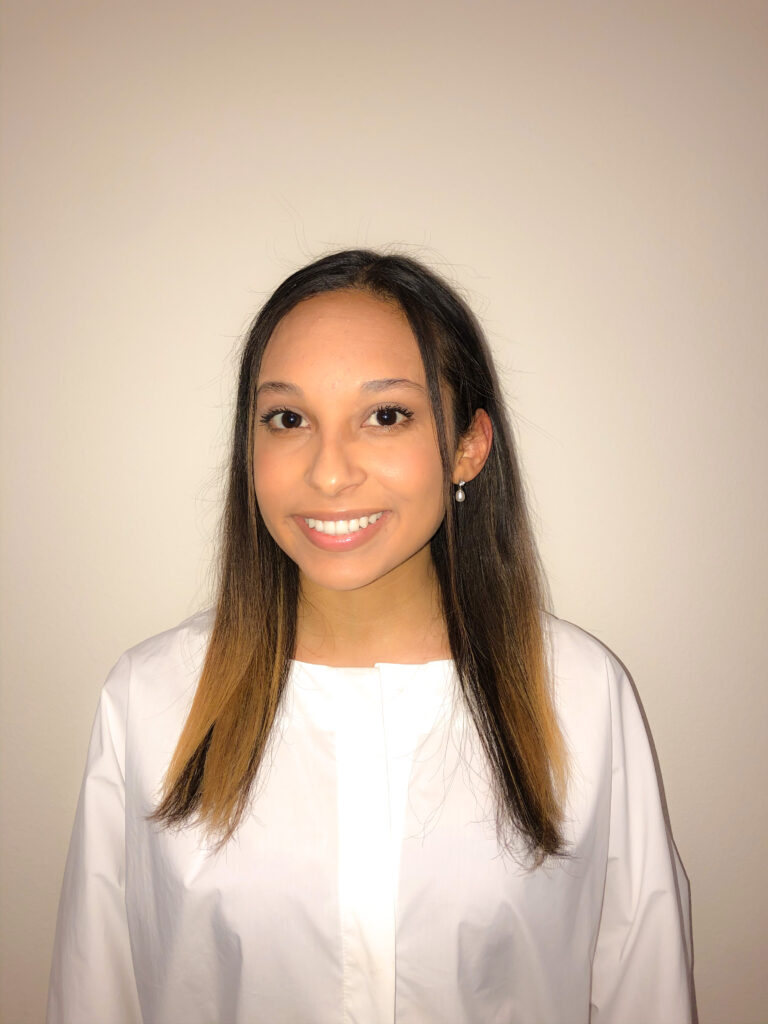
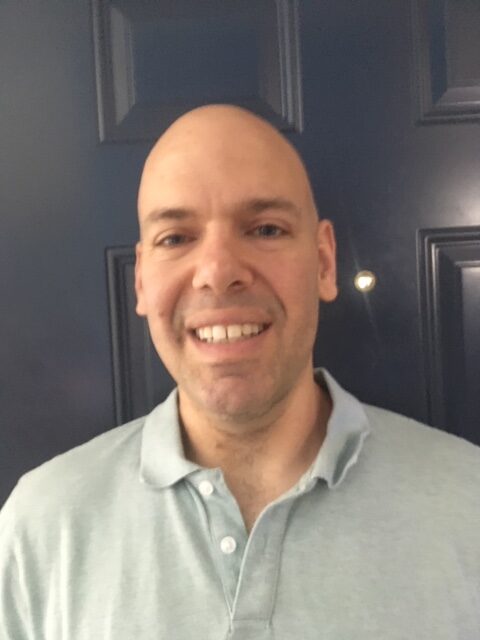


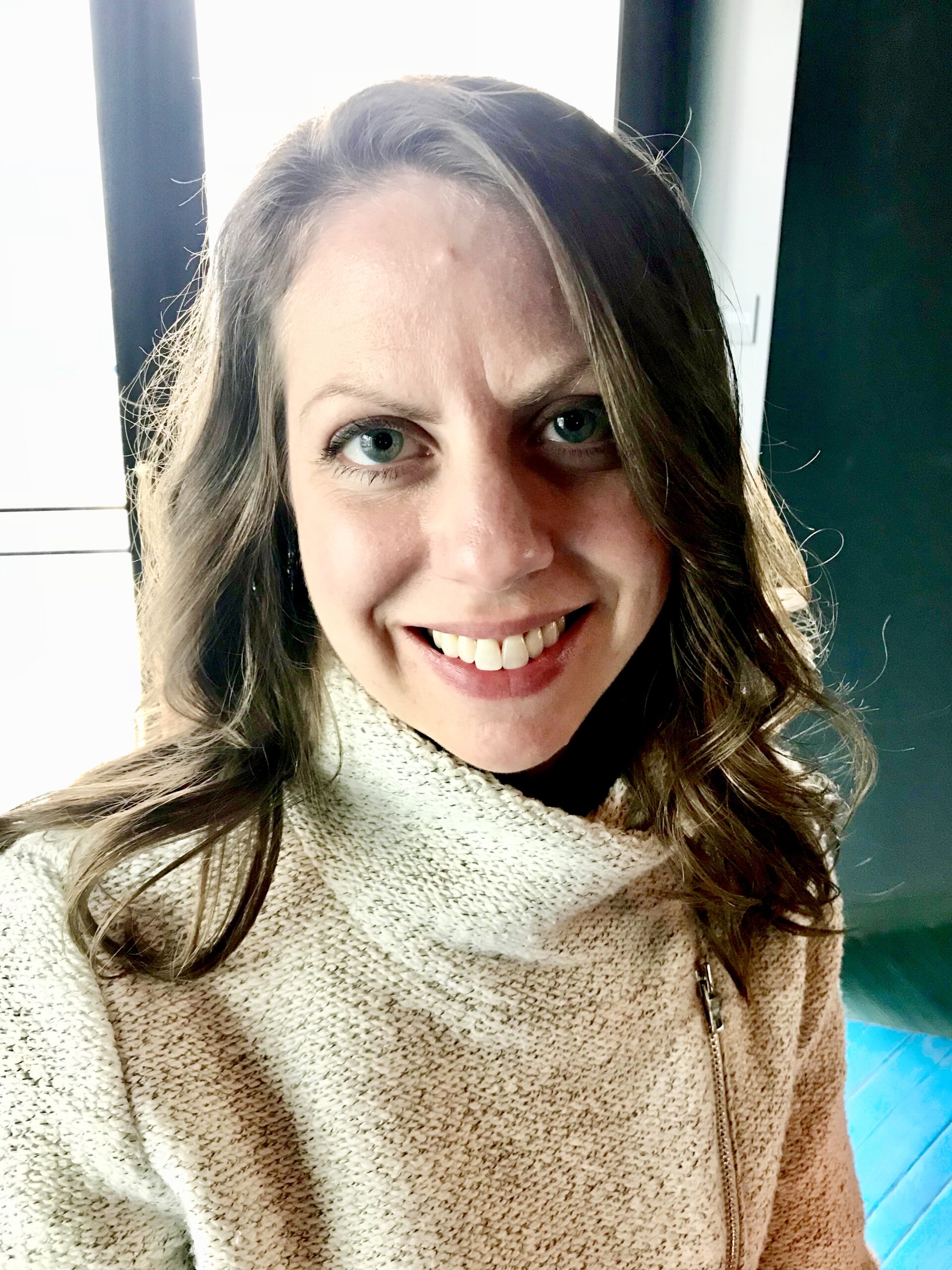
 I could not be more pleased as I review the membership trends that Dr. Alissa Doobay, Co-Chair of the Membership Committee, diligently updated this year to allow continued tracking of the committee’s outcomes. Two trends immediately captured my attention. First, we experienced the greatest one-year increase in the total number of members, primarily driven by the largest one-year increase in full members with advocacy since we began tracking in 2000. Second, we experienced an increase in student members that returned us to our 2019 number, after a significant drop in student membership from 2019 to 2020 that appeared to be associated with the unfortunate cancellation of the 2020 spring conference. Additionally, we celebrated robust retention across all membership categories this year.
I could not be more pleased as I review the membership trends that Dr. Alissa Doobay, Co-Chair of the Membership Committee, diligently updated this year to allow continued tracking of the committee’s outcomes. Two trends immediately captured my attention. First, we experienced the greatest one-year increase in the total number of members, primarily driven by the largest one-year increase in full members with advocacy since we began tracking in 2000. Second, we experienced an increase in student members that returned us to our 2019 number, after a significant drop in student membership from 2019 to 2020 that appeared to be associated with the unfortunate cancellation of the 2020 spring conference. Additionally, we celebrated robust retention across all membership categories this year.
